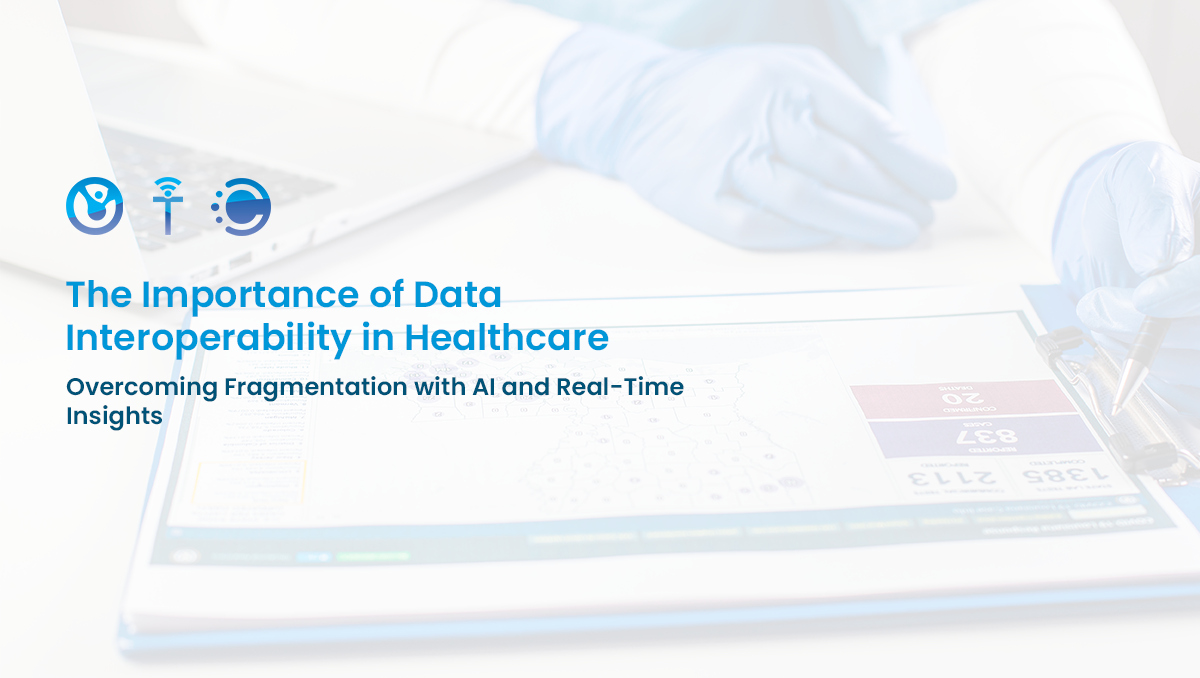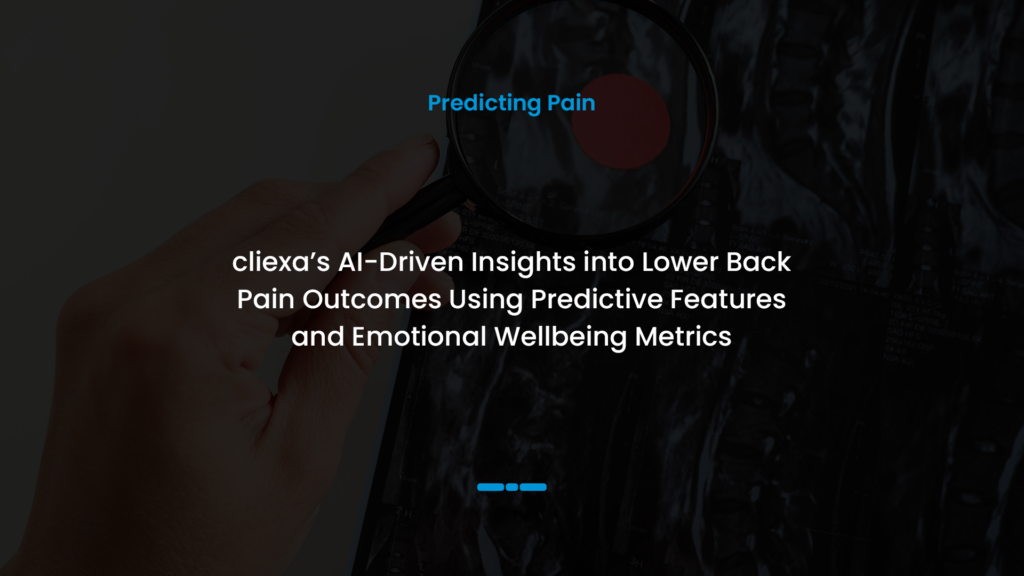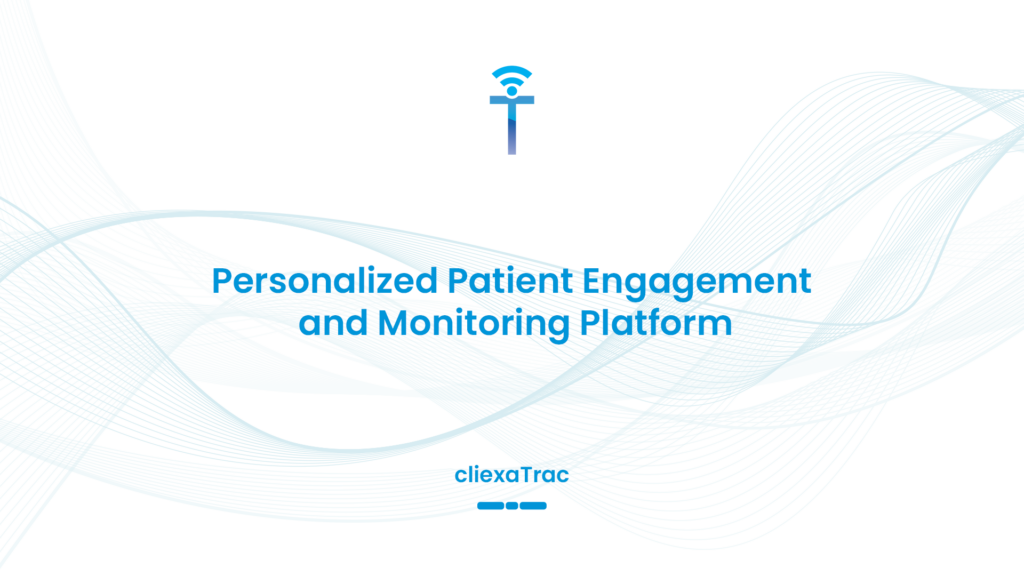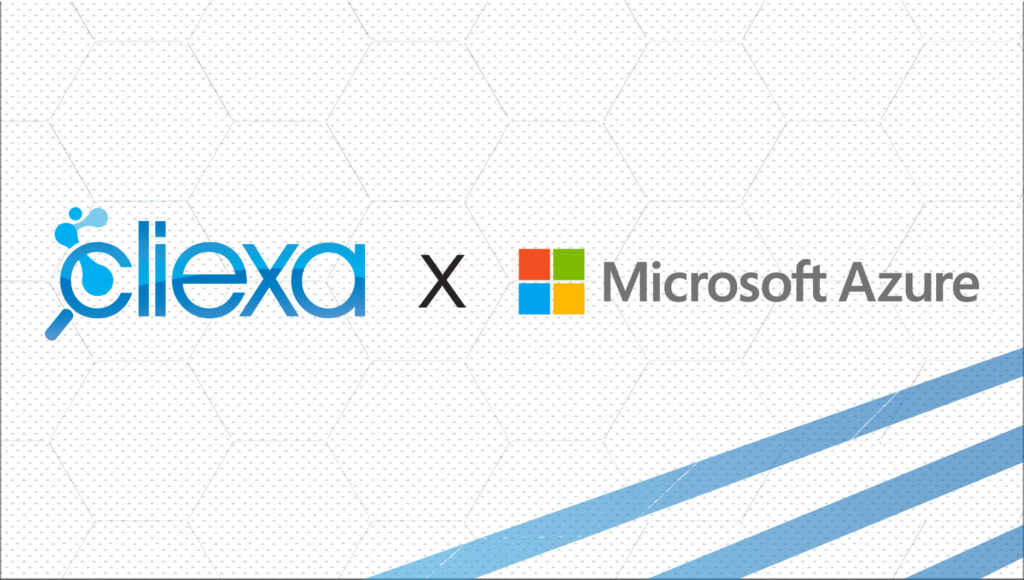The Importance of Data Interoperability in Healthcare: Overcoming Fragmentation with AI and Real-Time Insights
Healthcare today is rapidly evolving, driven by advancements in technology and the increasing availability of data. However, one persistent challenge remains: data fragmentation. With the rise of electronic health records (EHRs), wearable devices, and telemedicine, data is being generated from multiple sources. Yet, the lack of data interoperability often prevents healthcare providers from accessing a complete and cohesive view of a patient’s health, leading to inefficiencies and gaps in care.
At cliexa, we understand the critical role that data interoperability plays in enhancing patient outcomes and streamlining operations. By leveraging AI and real-time insights, we are committed to overcoming the fragmentation that plagues the healthcare system.
What is Data Interoperability in Healthcare?
Data interoperability refers to the ability of different healthcare information systems, devices, and applications to access, exchange, integrate, and cooperatively use data in a coordinated manner. It ensures that data shared across different platforms maintains its meaning, enabling healthcare providers to use the information effectively.
For a deeper understanding of our approach to data interoperability, you can explore our cliexaConnect platform. As an advanced interoperability solution, cliexaConnect enables bi-directional EMR connectivity, AI structuring of clinical data, and flexible deployment options.
The Challenges of Data Fragmentation
Data fragmentation occurs when patient information is scattered across multiple systems and formats, creating silos that hinder the seamless exchange of information. This fragmentation can result in:
- Incomplete Patient Records: Healthcare providers may not have access to all relevant patient data, leading to incomplete or inaccurate diagnoses and treatment plans.
- Inefficient Care Coordination: Without a unified view of patient information, coordinating care among different providers becomes challenging, increasing the risk of medical errors.
- Limited Data Analysis: Fragmented data makes it difficult to conduct comprehensive analyses, hindering the ability to derive actionable insights from patient information.
For more insights on how data fragmentation impacts healthcare, visit our FAQ section.
How AI and Real-Time Insights are Transforming Healthcare
Artificial Intelligence (AI) and real-time data analytics have the potential to address the challenges of data fragmentation. By processing vast amounts of data from various sources, AI can generate actionable insights that support clinical decision-making and enhance patient outcomes.
Our cliexaDiagnostics platform is a prime example of how AI can transform healthcare. By integrating multiple data sources and providing real-time diagnostic insights, cliexaDiagnostics enables automated documentation and comprehensive diagnostic overviews that enhance clinical efficiency and decision support.
The Role of Real-Time Insights
Real-time data is crucial for ensuring that healthcare providers have access to the most up-to-date patient information. With real-time insights, clinicians can make informed decisions quickly, improving the quality of care and patient satisfaction.
Our cliexaProspect platform offers predictive clinical insights powered by AI, delivering real-time data that supports timely interventions and personalized treatment plans.
Conclusion
Data interoperability is no longer a luxury but a necessity in modern healthcare. By addressing data fragmentation with AI and real-time insights, we can unlock the full potential of healthcare data, improving patient outcomes and operational efficiency.
At cliexa, we are dedicated to creating solutions that bridge the gaps in healthcare data, ensuring that every piece of information is accessible, meaningful, and actionable. Learn more about how our platforms are driving the future of healthcare by visiting our Platforms page.
For any questions or to see how cliexa can help your organization, feel free to check out our FAQs.
